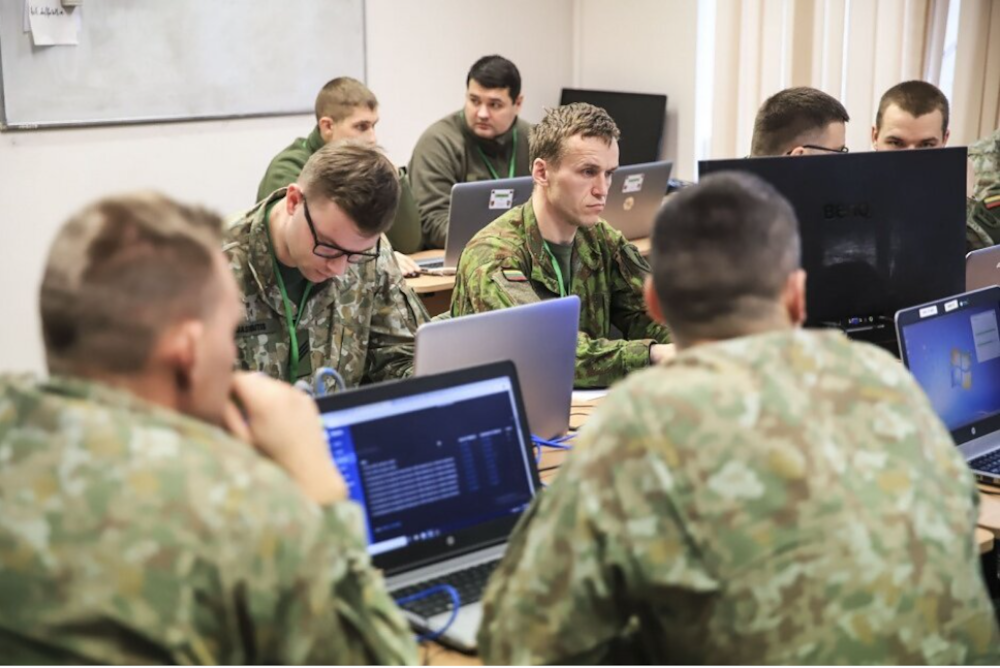The EU wants to “mitigate” digital threats from Russia with cyber units in Moldova. A security mission with secret service elements is now to follow.
The European Union is preparing a “Cyber Rapid Response Team” (CRRT) for the Republic of Moldova. It is intended to support the government in Chisinau in militarily “securing its national cyber space”. This was announced by Tobias Lindner ( Green Party), Minister of State at the Federal Foreign Office, during question time in the German Bundestag on Wednesday. Andrej Hunko, a member of the Left Party, had asked about the units.
After Moldova applied for EU candidate status, the deployment of a cyber force is the first military support measure from Brussels. The External Action Service, led by Josep Borrell, the Union’s High Representative for Foreign Affairs and Security Policy, is responsible for the mission.
The deployment of “Cyber Rapid Response Teams” is part of the “Permanent Structured Cooperation” (PESCO), with which the EU is expanding its military capabilities. Four years ago, they were the first militarily deployable units under the PESCO framework. One of their tasks is to determine the origin of cyber attacks, and they are also supposed to “mitigate” any threats with “Cyber Toolkits”. The extent to which the cyber force itself penetrates foreign computer systems remains a well-kept secret.
The Brussels CRRTs can be activated by the government of an EU state in the event of an attack. This is possible through the military Mutual Assistance Clause or the civil Solidarity Clause, both of which are enshrined in the EU treaties. However, the “Response Teams” can also be deployed to “partner states”. Their first mission was in Ukraine, requested by the government in Kiev a week before the war began. Prior to that, there had allegedly been cyber attacks from Russia on state websites and banks. After the Russian invasion, the EU cyber mission in Ukraine was not suspended but continued remotely.
The military EU cyber force is formed by experts from Croatia, Estonia, Lithuania, Latvia, the Netherlands, Poland and Romania. Indirectly, the German government is also closely involved in the cyber capabilities of the EU military, as the Bundeswehr leads another PESCO project with the “Coordination Centre for the Cyber and Information Domain”. It brings together all available information on cyber threats and coordinates civil-military defence measures.
Also NATO already sent “Cyber Support Teams” to Moldova. There they work together with the already existing EU structures. A year ago, the External Action Service adopted a civilian “Crisis Response Measure” to increase cyber security and combat disinformation in the country. EU support is also being provided to Moldova to create a national “cybersecurity strategy”. This includes the government in Chisinau enacting a law on cybersecurity.
With a similar focus, EU member states are currently discussing a Common Foreign and Security Policy mission that would include secret service elements to respond to “hybrid threats” from Russia. This was requested by the Prime Minister of the Republic of Moldova at the end of January. A non-public proposal for this “EU Partnership Mission in Moldova” (EUPM Moldova) was presented by High Representative Borrell three weeks ago. Now the Council still needs to take a decision to this effect.
Published in German in „nd“.
Image: The EU-CRRTs after announcing its operational readiness in 2019 (Ministry of Defence Lithuania).





Leave a Reply